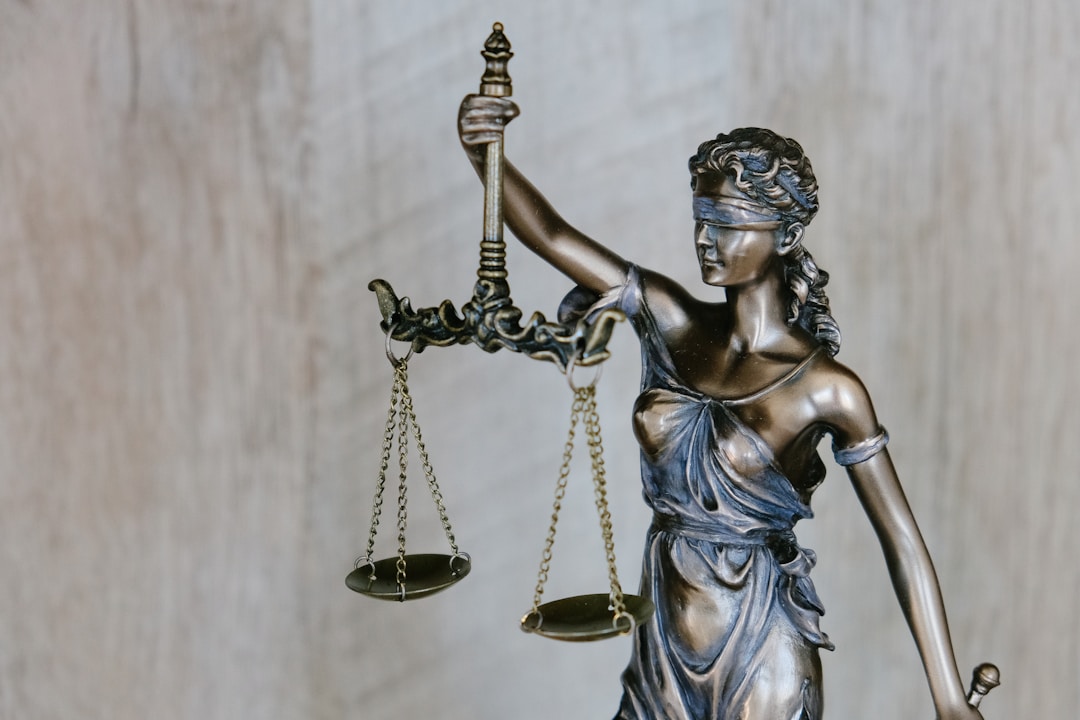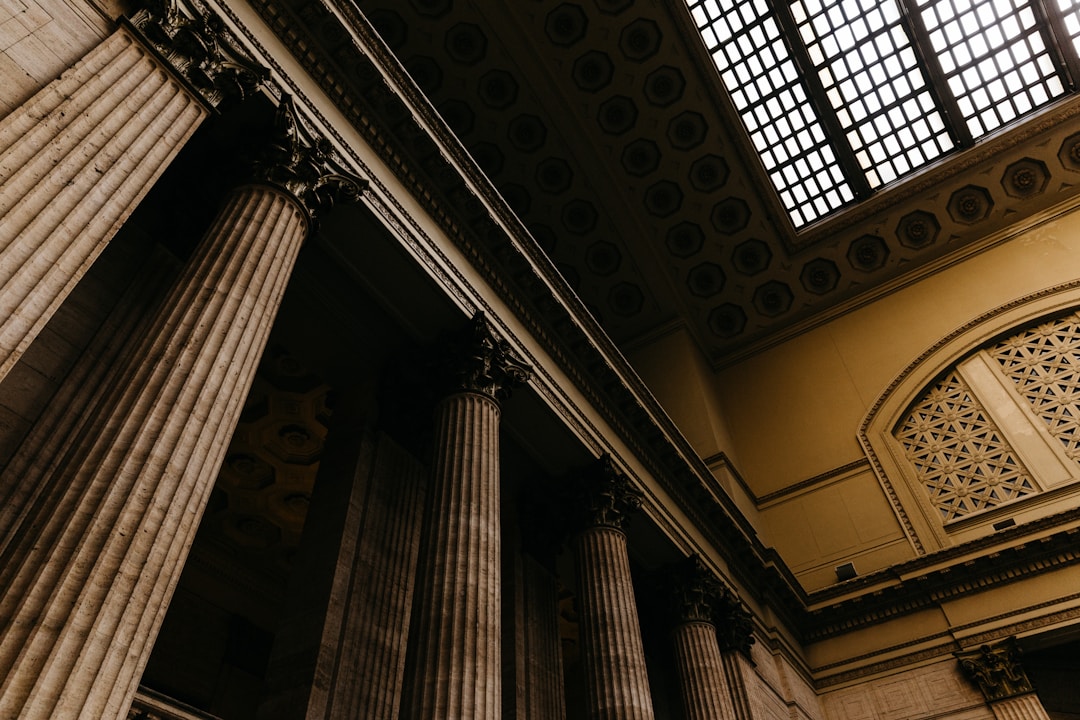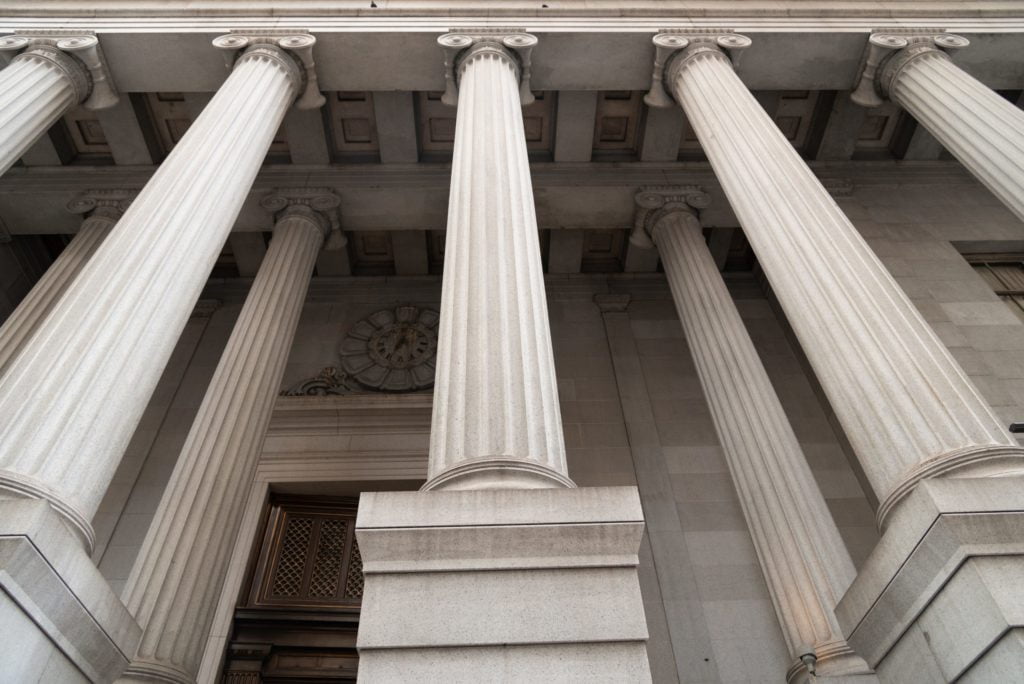You’ve probably heard about a case going to the Supreme Court of Canada on the news, or read about it online. It seems prestigious and of tremendous legal impact for a case to go throughout the court system to wind up in front of the High Court. However, there is much that needs to take place before reaching that level, and, even when a motion is filed for the Supreme Court to hear the case, it’s not a guarantee it will be accepted. Malliha Wilson is one of the best legal minds to explain the High Court.
About Malliha Wilson

When it comes to Canada’s brightest legal minds, Malliha Wilson is an absolute standout. Born in Sri Lanka, Wilson was inspired by her father’s academic success to enter the legal field, completing her undergrad degree at McGill University, then completing her law degree at the Osgoode Hall Law School at York University. After being called to the bar in 1983, she began her career in public service by joining the Counsel for the Ministry of Government Services, also serving as counsel in the newly formed Native Affairs Secretariat for the province of Ontario.
Wilson went on to serve as the Assistant Deputy Attorney General of Ontario for over eight years, the first minority to hold that position. With more than three decades of experience as a Senior Appellate Litigation Counsel for the Ontario Government, Wilson participated in over 20 notable cases at the Supreme Court of Canada and the Ontario Court of Appeal. With a specialty in human rights, indigenous, constitutional, corporate, and labour law, Malliha Wilson has been commended for her efforts in litigation and forwarding the rights of litigants in the courtroom.
The Canadian Supreme Court

The Supreme Court of Canada is Canada’s final court of appeal, deciding on legal issues of public importance and contributing to all branches of law within the country. In accordance with the Supreme Court Act, the Court consists of nine judges, including the Chief Justice of Canada. The Supreme Court of Canada is considered the pinnacle of the judicial branch of the Canadian government, but acts as an independent body free of any partisanship and basing decisions solely on the Rule of Law.
Malliha Wilson has had landmark cases heard before the Court, including Carter v. Canada, which overturned a prior Court ruling regarding a patient’s right to assisted suicide in the province of Quebec. Most appeals are heard by the Canadian Supreme Court if leave is first given. Leave to appeal is granted in a case that involves a question of public importance or issue of law that warrants consideration by the High Court. The Supreme Court of Canada has ultimate control over its docket, supervising the growth and development of jurisprudence.
What elevates a case to the Supreme Court?

Malliha Wilson understands that the Canadian judicial system is a complex pyramid that is built on a foundation of the Rule of Law, and translation of that law. In order for the Supreme Court of Canada to take a case, appeals at all other levels of the judicial system must be used prior. As mentioned, leave applications are filed in these circumstances by litigants, and then reviewed by three members of the Supreme Court to determine if this is a matter to be held by all nine judges, including the Chief Justice.
The rulings of the Supreme Court of Canada are usually not rendered orally, with the High Court often deferring to a lower court’s decision in their judgment to explain their reasoning for the ruling. Hearings take place in Ottawa within an 18-week timespan, which is why the Supreme Court is extremely selective with its docket to afford the time to hear from all counsel. That’s where Malliha Wilson was able to stand tall as a representative and shine on the greatest stage.



